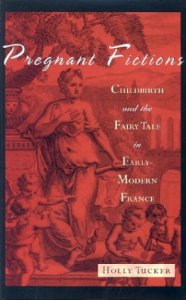 When I crossed our courtyard to my office stairwell early this morning, the full moon was still high in the sky. Its light on the stone columns was ghostly and amazingly bright. I thought, then, of a book I’ve been reading off and on for a year: At Day’s Close: Night in Times Past, by A. Roger Ekirch. Night, without electricity, was an entirely different experience than it is today. Social excursions could be made if the moon was full and bright; otherwise one bolted the window shutters and doors and prayed to see the dawn. Night was dangerous, and to be feared.
When I crossed our courtyard to my office stairwell early this morning, the full moon was still high in the sky. Its light on the stone columns was ghostly and amazingly bright. I thought, then, of a book I’ve been reading off and on for a year: At Day’s Close: Night in Times Past, by A. Roger Ekirch. Night, without electricity, was an entirely different experience than it is today. Social excursions could be made if the moon was full and bright; otherwise one bolted the window shutters and doors and prayed to see the dawn. Night was dangerous, and to be feared.
It is difficult to imagine viewing a beautiful sunset and responding with dread. Likewise, it is difficult for us to understand how the need for security, especially for a woman, changed how one acted, restricted ones actions. (This can especially hamper a novelist: how do you manage to get private scenes when a woman is always accompanied?) Women travelling alone sometimes dressed as men: they had reason to be fearful.
Holly Tucker, 17th century historian and author of Pregnant Fictions: Childbirth and the Fairy Tale in Early Modern France, recently sent me this stirring passage from Andrew Hussey‘s Paris: The Secret History (p. 160):
“The real danger for women in the city were kidnap, rape and forced marriage. It was common for a gentilhomme without a fortune to abduct a widow or young girl from a wealthy family and, in a solitary spot outside the city, marry her under the ordrs of a bought priest. The prelude to this act was often rape, which destroyed the last shred of respectability for the unfortunate woman. The practice was widely accepted among the aristocracy. The fathers of these abducted brides usually coughed up some sort of dowry and, although principally devised as a money-making racket, many marriages strangely flourished from these unlikely beginnings.”
One of the lessons of history is that things have changed.


